can ibd in cats be fatal
Although IBD isnt curable the prognosis is good for adequate control of the disease. Depending on the type of IBD this kind of infiltration damages the walls hugging the lumen of the gastrointestinal tract making them thicken and disrupting the performance of the normal function of the intestine.
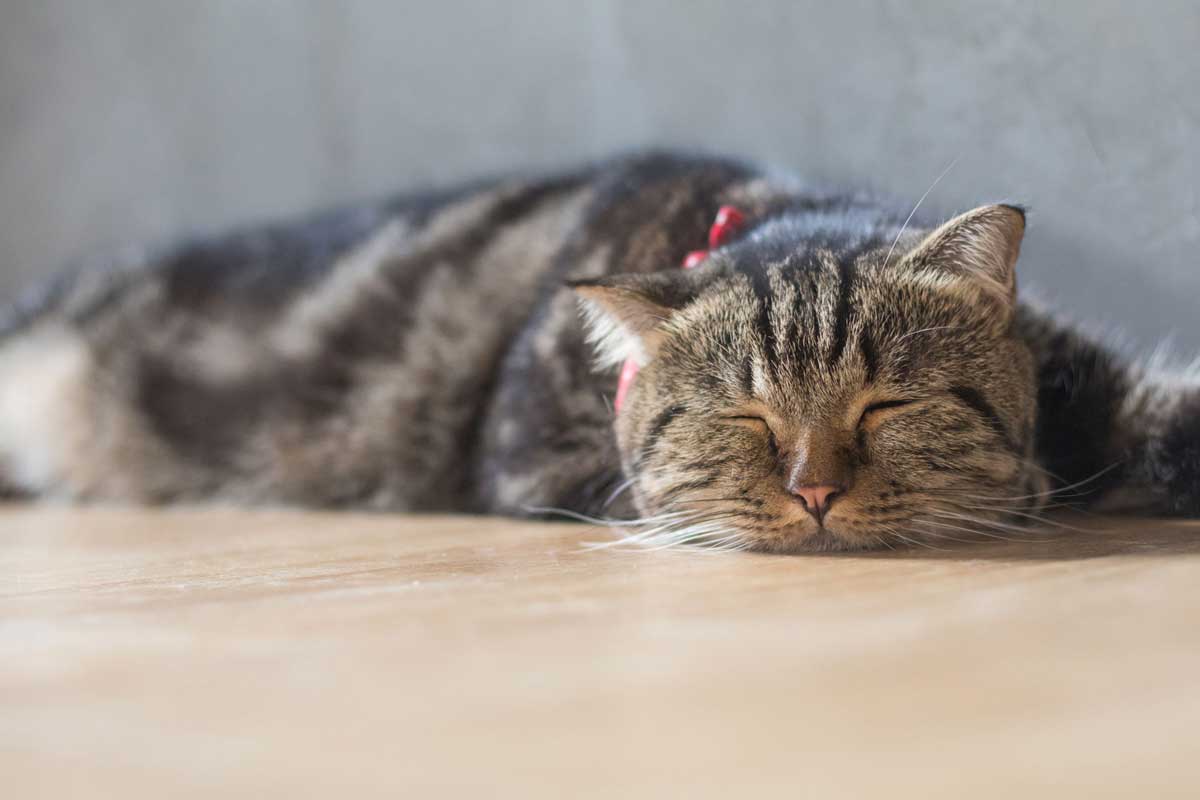
Common Causes And Treatments For Digestive Issues In Cats
IBD can involve any part of the GI tract but most commonly affects the stomach andor the intestines.
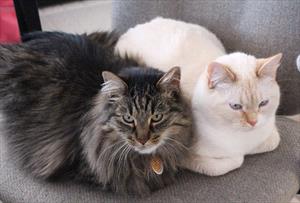
. How Is IBD in Cats Diagnosed. If the stomach is involved your cat will experience chronic vomiting. Inflammatory cells infiltrate the walls of the GI tract thickening them and disrupting the ability of the GI tract to properly digest and absorb food.
Cats with IBD typically have thickened intestinal walls due to the chronic inflammatory response. If cats with severe IBD do not respond to treatment the veterinarian may need to reassess the diagnosis and consider that the severe IBD may in fact be lymphosarcoma. Some of the most common signs of IBD in cats include.
Definitive diagnosis of IBD requires biopsies of the stomach and intestinal tract via laparotomy exploratory surgery or endoscopy investigation with a long flexible tube. Because IBD can impact a cats ability to absorb nutrients you may also notice some systemic changes as well. Vomiting Diarrhea Bloody stool Weight loss Lethargy Abdominal pain Change in appetite Passing multiple hairballs a month Diagnosing IBD In Cats.
Correspondingly is IBD fatal in cats. Usually seen in middle-aged cats and dogs IBD rarely occurs in dogs and cats less than 2 years of age. IBD is considered an autoimmune condition and differs from stress colitis in cats which is sometimes called irritable bowel syndrome IBS.
Inflammatory bowel disease also called IBD is the most common cause of continued or chronic vomiting and diarrhea in cats and dogs meaning vomiting andor diarrhea occurring at least twice a week for months or years. IBD in cats often manifests as increased appetite and large amounts of diarrhea. This is a condition in which your cat suffers from irritation and chronic inflammationof the intestinal tract.
It affects different parts of your cats digestive system and may even affect all of it. This is the most common clinical sign of IBD in cats. Symptoms of IBS in Cats.
Though cats of any age can be impacted by this condition the disease develops most often in middle-aged and older cats. The pancreas and liver can also. Gas may build up internally which may cause discomfort and pain.
A specific reaction to chronic irritation of the intestines andor stomach. More than a single cause typically contributes to IBD developing in cats. Cats of any age can be affected by IBD but the.
Inflammatory bowel disease or IBD in cats is a serious long-term illness. If your cat is suffering from IBD you may notice symptoms that vary in frequency and intensity such as diarrhea blood in stool lethargy gas gurgling tummy weight loss vomiting and abdominal pain. Likewise what can I feed my cat with IBD.
Your cats risk factors may include. IBDInflammatory Bowel Disease in cats is not a disease. However a cat might also experience a decreased appetite in which weight loss is common.
Feline inflammatory bowel disease IBD is a condition in which a cats gastrointestinal GI tract becomes chronically irritated and inflamed. Inflammatory bowel disease in cats can be a challenging to diagnose since many symptoms of IBD can be related to other conditions. Signs of IBD in companion animals include diarrhea weight loss vomiting lethargy andor changes in appetite.
As with both people and dogs genetic abnormalities in a cats immune system may factor into feline IBD. Instead it is a syndrome that is most common in middle-aged cats. Most commonly IBD in cats occurs when inflammatory lymphocytes and plasma cells invade the small intestine.
Cats with IBS typically have normal biopsy results. Over time the signs tend to worsen if no treatment is offered Although IBD is frequently diagnosed in. Finally the sense of urgency associated with severe diarrhea and the nauseous feeling before vomiting are issues that can adversely affect their quality of life.
IBD can affect the stomach gastritis small intestine enteritis or colon colitis. If the intestines are involved chronic diarrhea will occur. IBD is not typically a fatal disorder but it can cause significant distress.
IBD can cause gastrointestinal irritations and spasms which cats may feel as a crampy sensation.
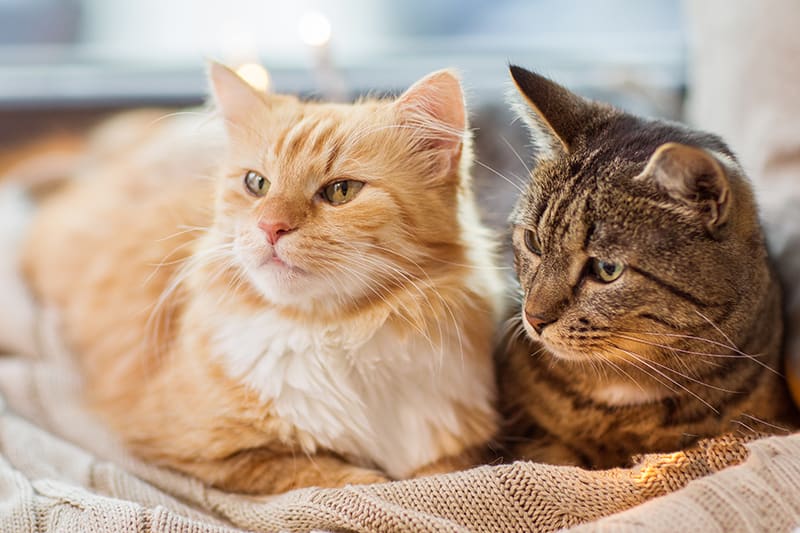
Ibd In Cats Life Expectancy Huntersville Vet Lakecross Veterinary
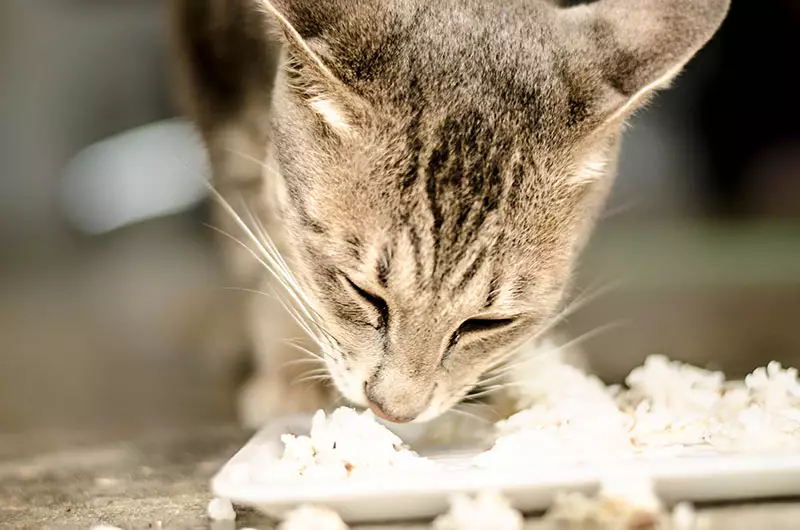
Colitis In Cats What It Is Symptoms Causes Treatment

Feline Health Linked Intimately With Nutrition

Feline Health Linked Intimately With Nutrition

Gastroenteritis In Cats Petcoach

Ibd In Cats Life Expectancy Greensboro Vets
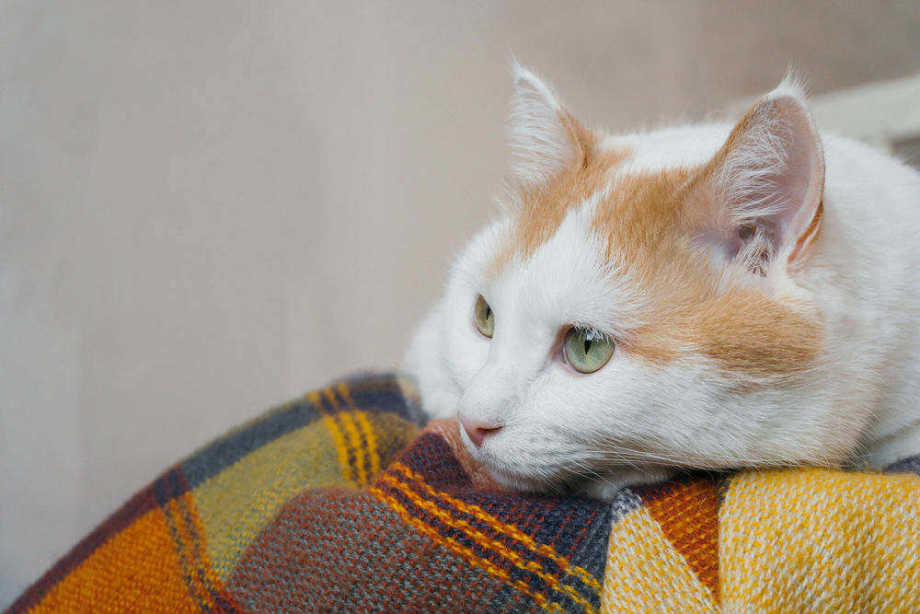
Giardia In Cats Small Door Veterinary
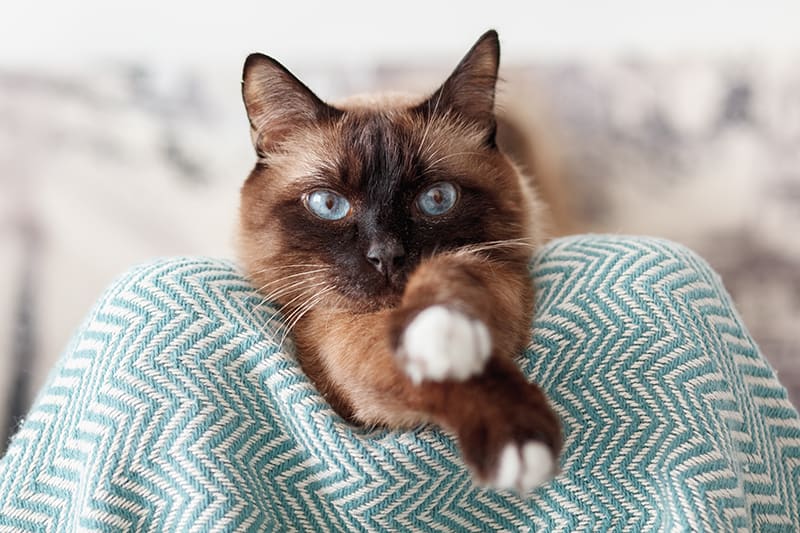
What Is The Life Expectancy For Cats With Ibd Charlotte Vet Prognosis For Cats With Ibd
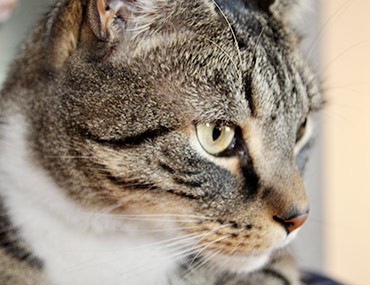
Feline Colitis An Infection In The Colon
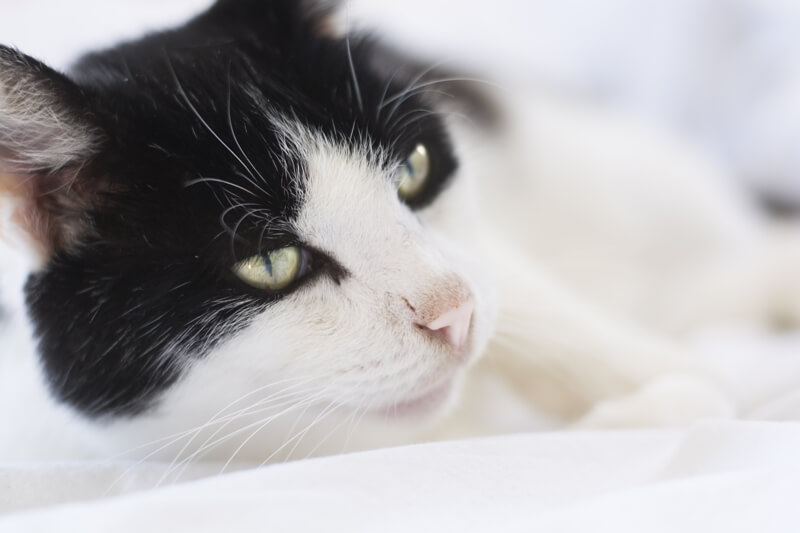
Understanding Triaditis In Cats
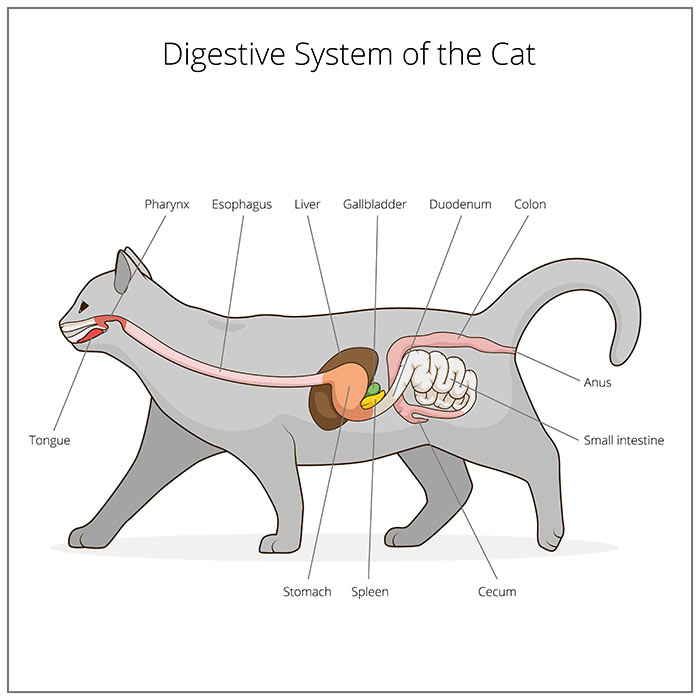
Colitis In Cats What It Is Symptoms Causes Treatment
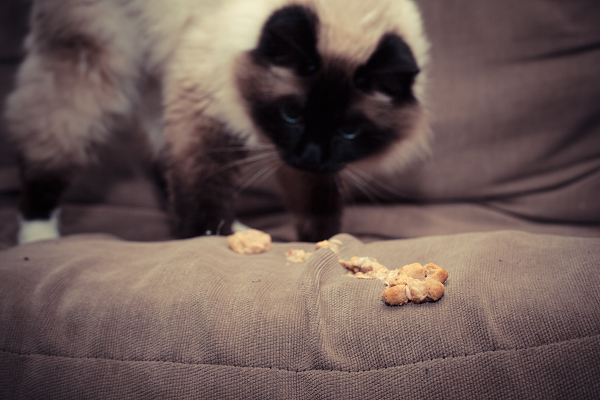
Inflammatory Bowel Disease In Cats Vca Animal Hospital
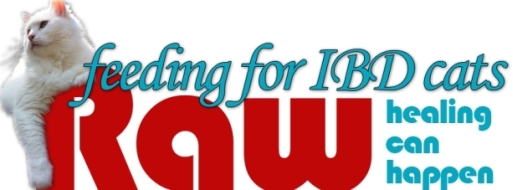
Nausea Inappetence In Cats Raw Feeding For Ibd Cats
-w1170-h688.jpg)
Chronic Intestinal Inflammation Ibd In Cats

Infiltrative Bowel Disease In Cats Veterinary Partner Vin
Tigger And Is It Ibd Or Lymphoma Wild Rose Cat Clinic Of Calgary

The Challenge In Treating Ibd Tufts Catnip

What Is The Life Expectancy For Cats With Ibd Charlotte Vet Prognosis For Cats With Ibd